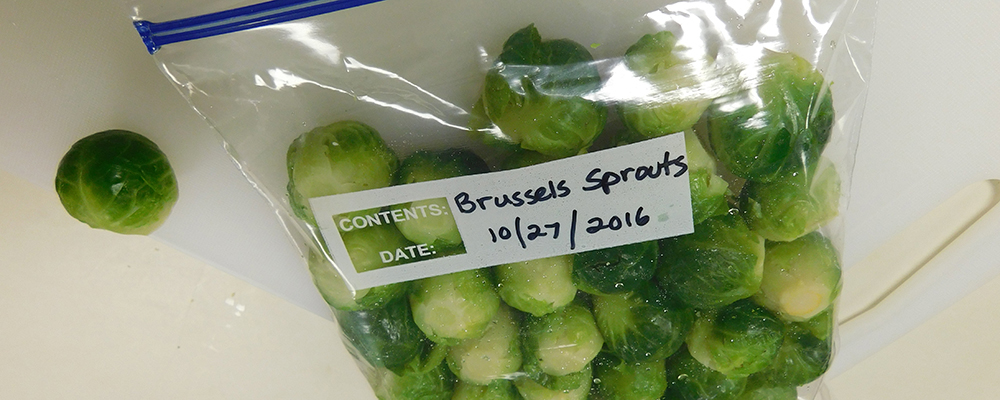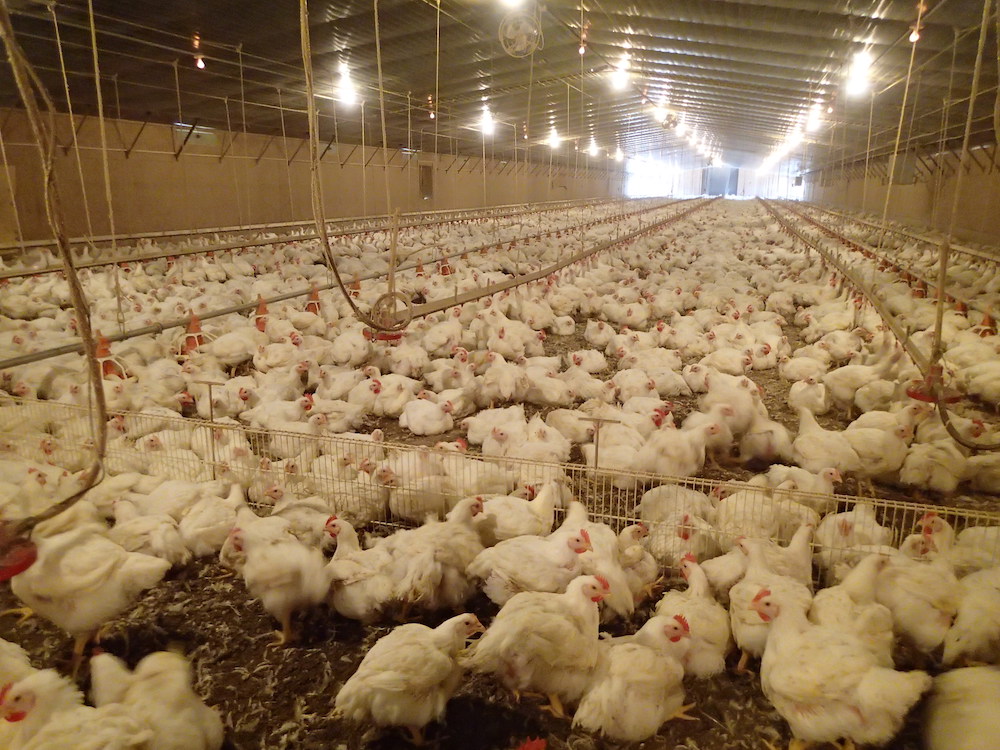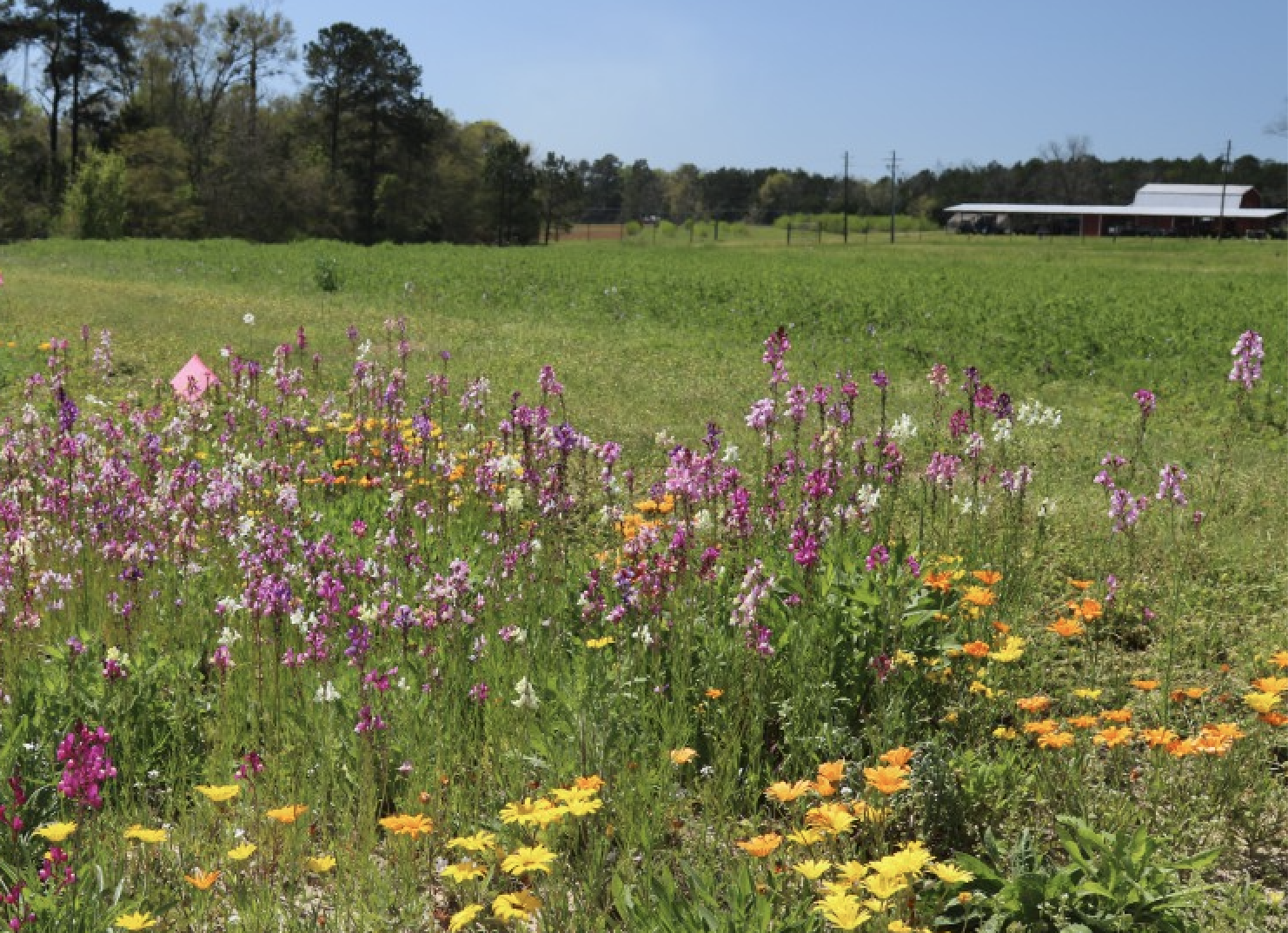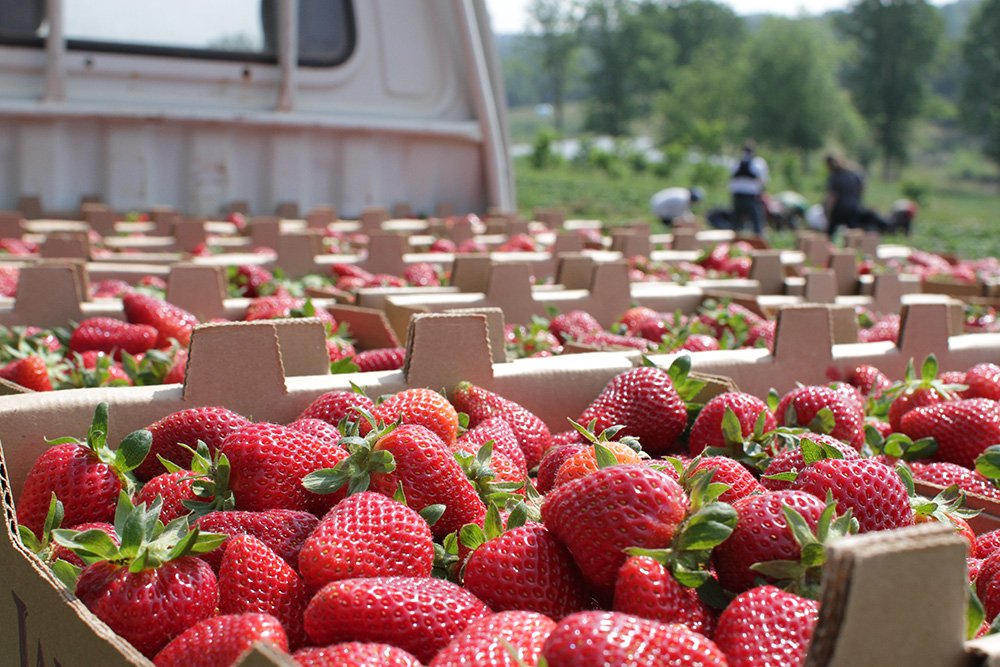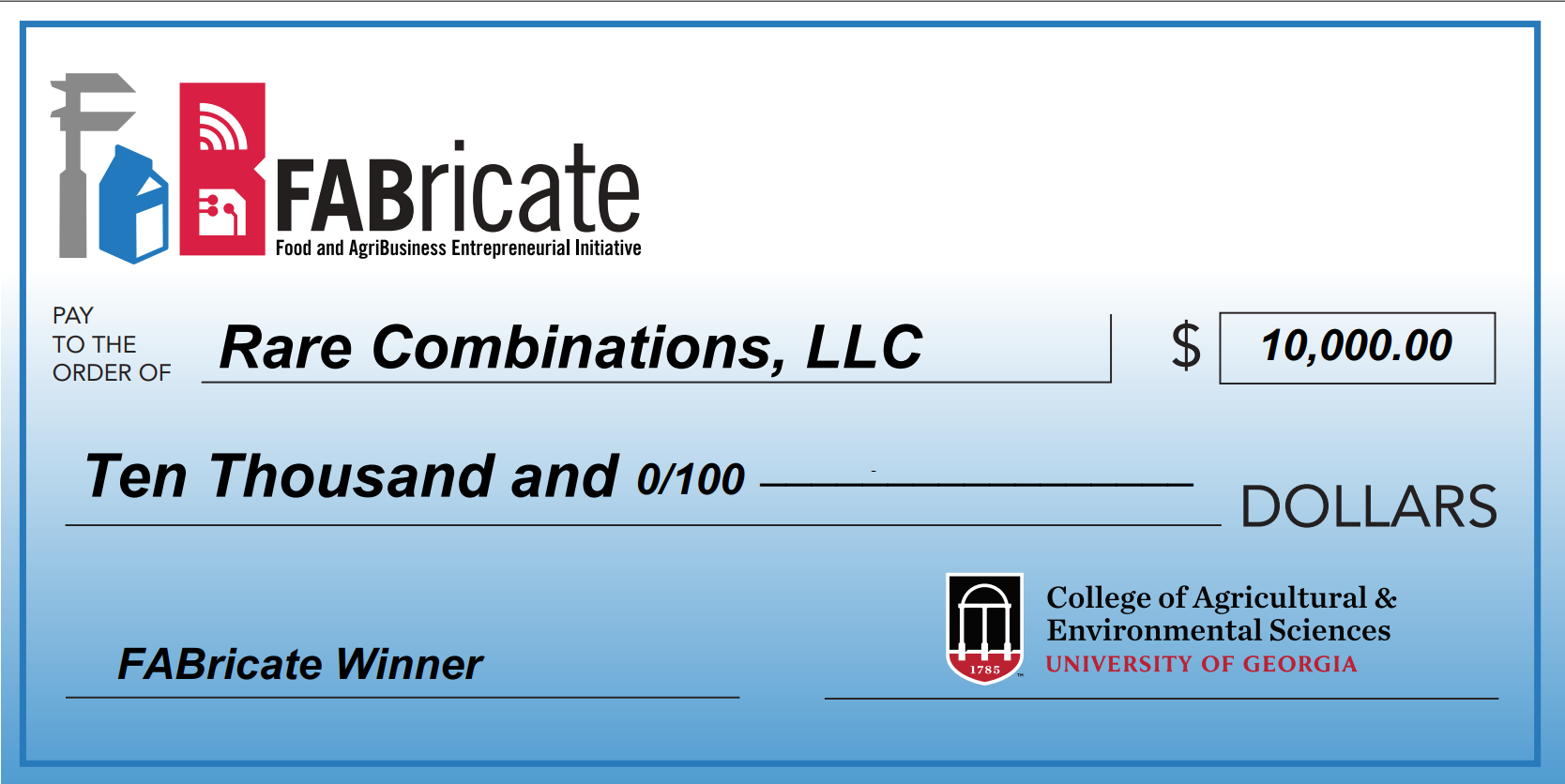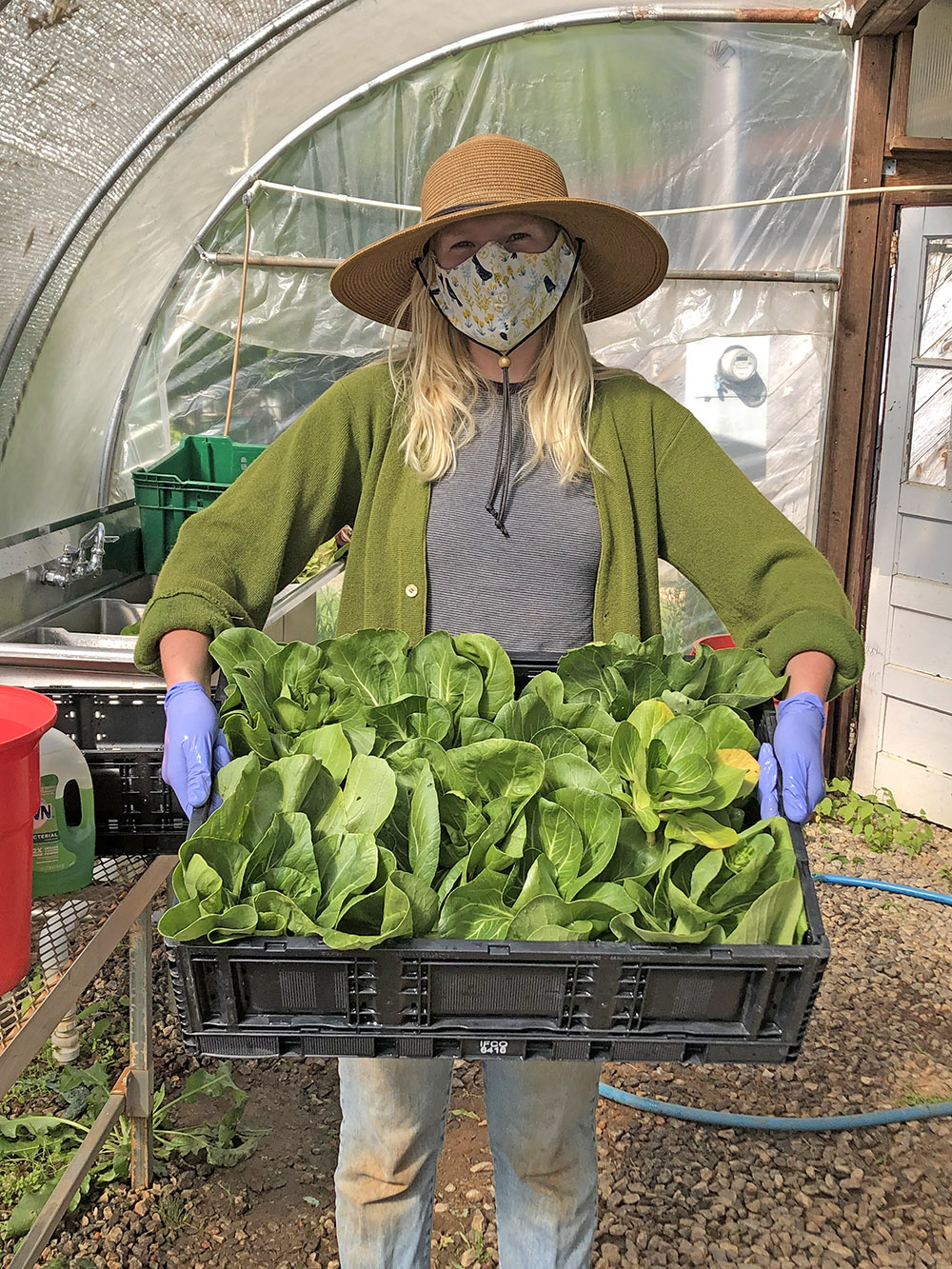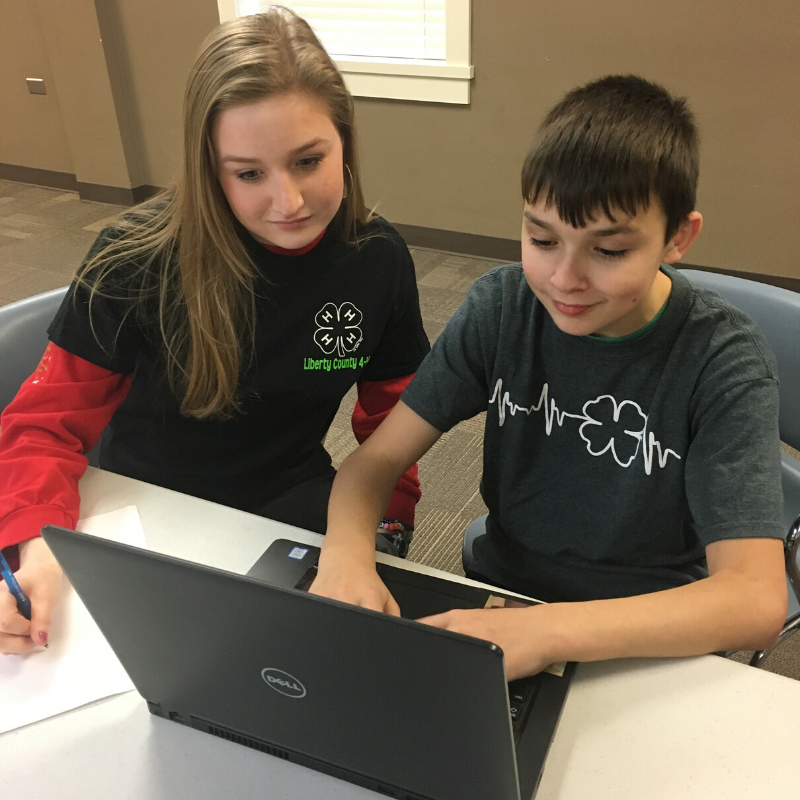 CAES News
CAES News
Georgia 4-H Hosts Virtual Science Series
Georgia 4-H Science and Environmental Education Programs are empowering youth to learn, discover and create by offering a collection of virtual learning sessions, connecting youth with specialists and experts in a variety of scientific fields. The “Zoom into Science” series will include an assortment of hour-long sessions and allow participants to learn from experts as well as to be exposed to a variety of science-related careers.

